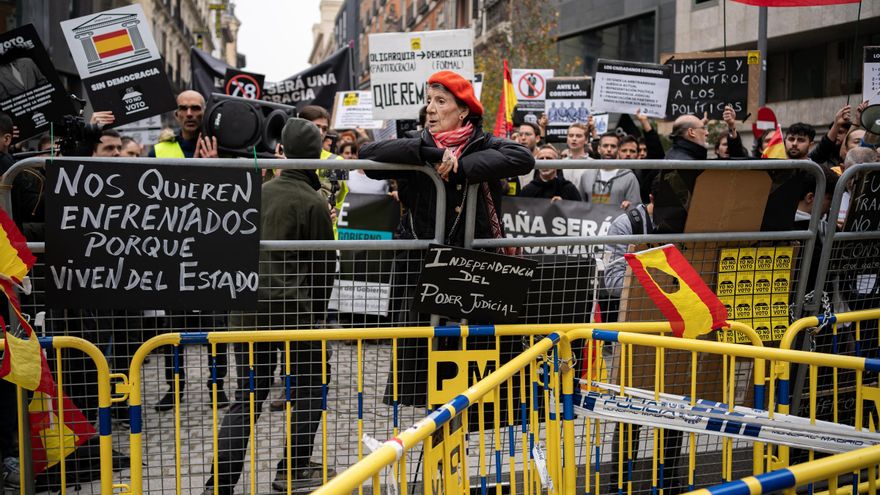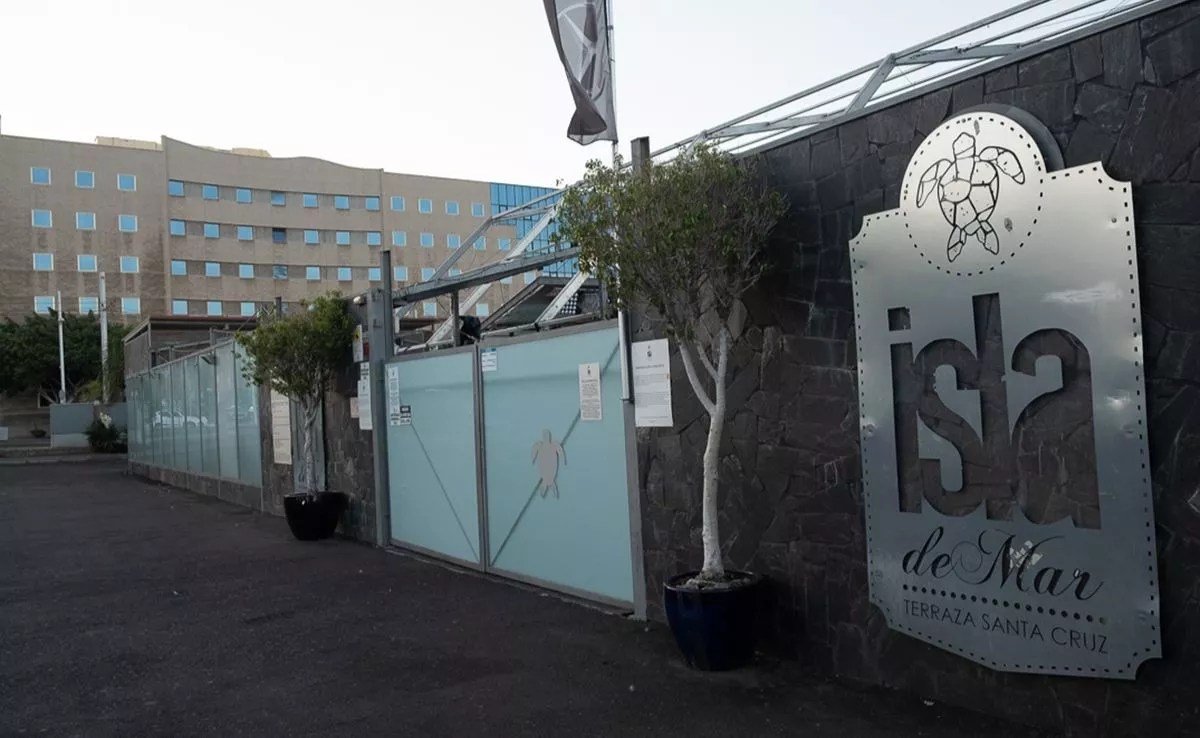
Concern invades the Canarian business sector. The new Government led by the socialist Pedro Sánchez and supported by seven formations of different political ideologies –Sumar, ERC, PNV, EH Bildu, BNG, Junts and Canarian Coalition– has the island businessmen in suspense who They see this union of parties as “unstable” and fear that Canary Islands and Spain lose attractiveness for investors international as a consequence of the pacts with the Catalan independentists. I don’t like it either in the sector economic agreements that the new president announced during the investiture session, policies that the Canarian business associations believe “do not favor” the growth of business and employment in the Islands.
“It is very complicated to maintain a government with so many different ideological concepts,” says the general secretary of the Canarian Confederation of Businessmen (CCE), José Cristóbal García, who considers that this “maremágnum” leads to the deduction that the longevity of the pact will be “limited”. With this context and with the amnesty on the table, García perceives “bad feelings” among the Canarian business community. “There is a perception of legal uncertainty, of bankruptcy in the distribution of powers and that is not good at all,” he clarifies.
And that same idea is shared by the president of the CEOE Tenerife, Pedro Alfonso Martín, who defends that the new Government establishes a management in which Spain and the Canary Islands lose “a lot of attractiveness for international investments when there is a impairment of legal certainty. For the leader of the employers’ association, many companies stop when it comes to investing when they observe “the changes of direction that occur in fiscal matters” and he gives the example of changes in areas such as energy or banking. A situation that, according to Alfonso, “harms” island businessmen. From the CEOE Tenerife They assure that they will continue working to regain international credibility, trying to attract funds and projects to the Archipelago.
Promises
What the representatives of the business associations also agree on is denouncing “the lack of measures” proposed by the new leader of the Executive to encourage the growth of the business fabric of the country and create a favorable climate for its development. Sánchez has promised that in the current legislature a new Workers’ Statute will see the light of day, which will guarantee by law the revaluation of the Minimum Interprofessional Wage. The objective is to maintain it at 60% of the average salary, as determined by the agreement between PSOE and Sumar. Additionally, he promised to cut the work week from 40 to 38.5 hours in 2024 and to 37.5 in 2025.
“The economic agreements announced do nothing to improve the productivity of a country that is at the bottom of Europe,” laments García, who recalls that Spain is once again “below 85% of European GDP.” For the general secretary of the CCE, the announcements that Sánchez has made are of “loss of competitiveness and increased spending” in a scenario in which the limitations on debt “will be applied quite rigorously.”
Investors in retreat
García considers that the measures focused on “spending more public spending” put off investors who, in a context of uncertainty with “changing scenarios,” prefer not to get involved in investment experiments.
The Secretary General of the Confederation insists that those most affected by Sánchez’s measures will be the self-employed and small and medium-sized businesses, which represent 95% of the fabric in Spain. «Let’s see how they manage to reduce the working day, to increase the social security contribution and all these issues»he asks.
Lack of efficiency
The president of the CEOE Tenerife did not like the battery of proposals either. “There is no spending-cutting policy or efficiency policies, or anything,” he points out. Alfonso demands that the President of the Government comply with the Canarian agenda agreed with the Canarian Coalition and that the Archipelago does not become the last issue to be dealt with. “We will have to start governing for everyone and not just for those who supported the investiture,” he says.
Despite the concern and uncertainty of businessmen, both García and Alfonso rule out a scenario of the country breaking up. “We live in a mature, advanced democracy and protests are legitimate as long as they are not violent,” defends the general secretary of the CCE. Alfonso expects a “tense and complicated government” but remains committed to working together. “This country must be built, we will support and help the Executive and we only ask that we be counted on in the same line,” claims the president of CEOE Tenerife, who assures that with “institutional loyalty and trust” all problems can be resolved. issues.
















